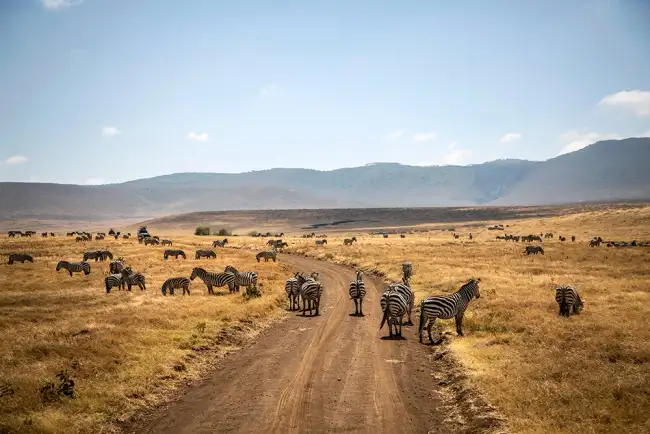Human Papillomavirus (HPV)
Course Of Three
- Protection against HPV-related cancers
- Protection against genital warts
- Help protect others by reducing the spread
South Ealing Pharmacy, Ealing, London W5 4RJ
15 minutes
£192.00
Protect Yourself Against HPV: Get Vaccinated Today
Understanding HPV
Human Papillomavirus (HPV) is a common virus that affects both men and women. There are over 100 different types of HPV, and while many types are harmless and go away on their own, some can lead to serious health problems. These include genital warts, as well as cancers such as cervical cancer, throat cancer, and cancers of the anus and genitals.
HPV is primarily spread through intimate skin-to-skin contact, including sexual activity. It’s estimated that most sexually active people will be infected with HPV at some point in their lives, though many won’t even realise it. The HPV vaccine is a safe and effective way to protect against the types of HPV that are most likely to cause cancer and genital warts.
Why Get the HPV Vaccine?
The HPV vaccine is a crucial step in preventing HPV-related cancers and other health issues. The vaccine is most effective when given before exposure to the virus, which is why it’s recommended for adolescents before they become sexually active. However, it can still provide benefits for older individuals who haven’t been vaccinated.
By getting vaccinated, you reduce your risk of developing HPV-related cancers and help protect others by reducing the spread of the virus. In addition, the HPV vaccine has been shown to significantly lower the incidence of cervical cancer, which remains one of the most common cancers in women.
Who Should Get the HPV Vaccine?
The HPV vaccine is recommended for:
- Young People Aged 12 to 13: In the UK, the HPV vaccine is routinely offered to girls and boys aged 12 to 13 as part of the NHS vaccination programme. This is typically administered in two doses, given six to twelve months apart.
- Anyone Who Missed the Vaccine at School: If you didn’t receive the HPV vaccine as a teenager, you may still be eligible to get it through the NHS up until your 25th birthday.
- Men Who Have Sex with Men (MSM): MSM up to the age of 45 can receive the HPV vaccine for free on the NHS, as this group is at higher risk of developing HPV-related cancers.
- Anyone Who Wants to Reduce Their Risk: Even if you’re older than the recommended age group, getting vaccinated can still provide protection against HPV. Private vaccination is available for those who aren’t eligible for the NHS programme.
How the HPV Vaccine Works
The HPV vaccine protects against the types of HPV that are most likely to cause cervical cancer, genital warts, and other HPV-related cancers. The most commonly used HPV vaccine in the UK is Gardasil, which protects against four types of HPV: two that cause the majority of HPV-related cancers and two that cause genital warts.
The vaccine works by stimulating your immune system to produce antibodies that will protect you if you’re exposed to the virus in the future. It is given as an injection, usually into the upper arm, in two or three doses depending on your age and health status.
What to Expect During Your Vaccination
- Consultation: Before vaccination, a healthcare professional will discuss your medical history and any potential allergies. This ensures that the vaccine is suitable for you.
- Vaccination: The vaccine is administered as an injection into your upper arm. Depending on your age and health status, you may need two or three doses over six months.
- Aftercare: Most people experience little to no side effects. Some might notice mild pain, redness, or swelling at the injection site, or experience a slight fever. These side effects are generally mild and go away on their own. Your healthcare provider will give you all the information you need to monitor any reactions and know when to seek medical advice.
Safety and Side Effects
The HPV vaccine is safe and has been extensively studied. It has been given to millions of people worldwide and has significantly reduced the rates of HPV-related diseases. Common side effects are mild and include soreness at the injection site, headaches, or a low-grade fever. Serious side effects are extremely rare. If you have concerns about allergies or specific health conditions, your healthcare provider will discuss these with you.
Frequently Asked Questions
Q: How long does the HPV vaccine provide protection?
A: The HPV vaccine provides long-lasting protection. Current research suggests that the protection lasts for at least 10 years, and it’s likely to be much longer. Booster doses are not currently recommended.
Q: Can I get the HPV vaccine if I’m already sexually active?
A: Yes, even if you’re already sexually active, getting the HPV vaccine can still provide protection against HPV types you haven’t been exposed to. It’s a good idea to get vaccinated as soon as possible, regardless of your sexual history.
Q: Is the HPV vaccine available on the NHS?
A: Yes, the HPV vaccine is available on the NHS for all boys and girls aged 12 to 13, as well as certain other groups such as MSM up to the age of 45. If you’re not eligible for NHS vaccination, you can still get vaccinated privately.
Book Your HPV Vaccination Today
Don’t wait to protect yourself from HPV-related cancers and other health issues. Whether you’re a parent looking to protect your child or an adult seeking to reduce your own risk, getting vaccinated is a safe and effective choice. Our healthcare professionals are here to provide expert advice and ensure you’re fully informed and protected.






